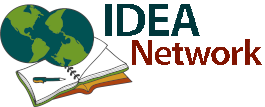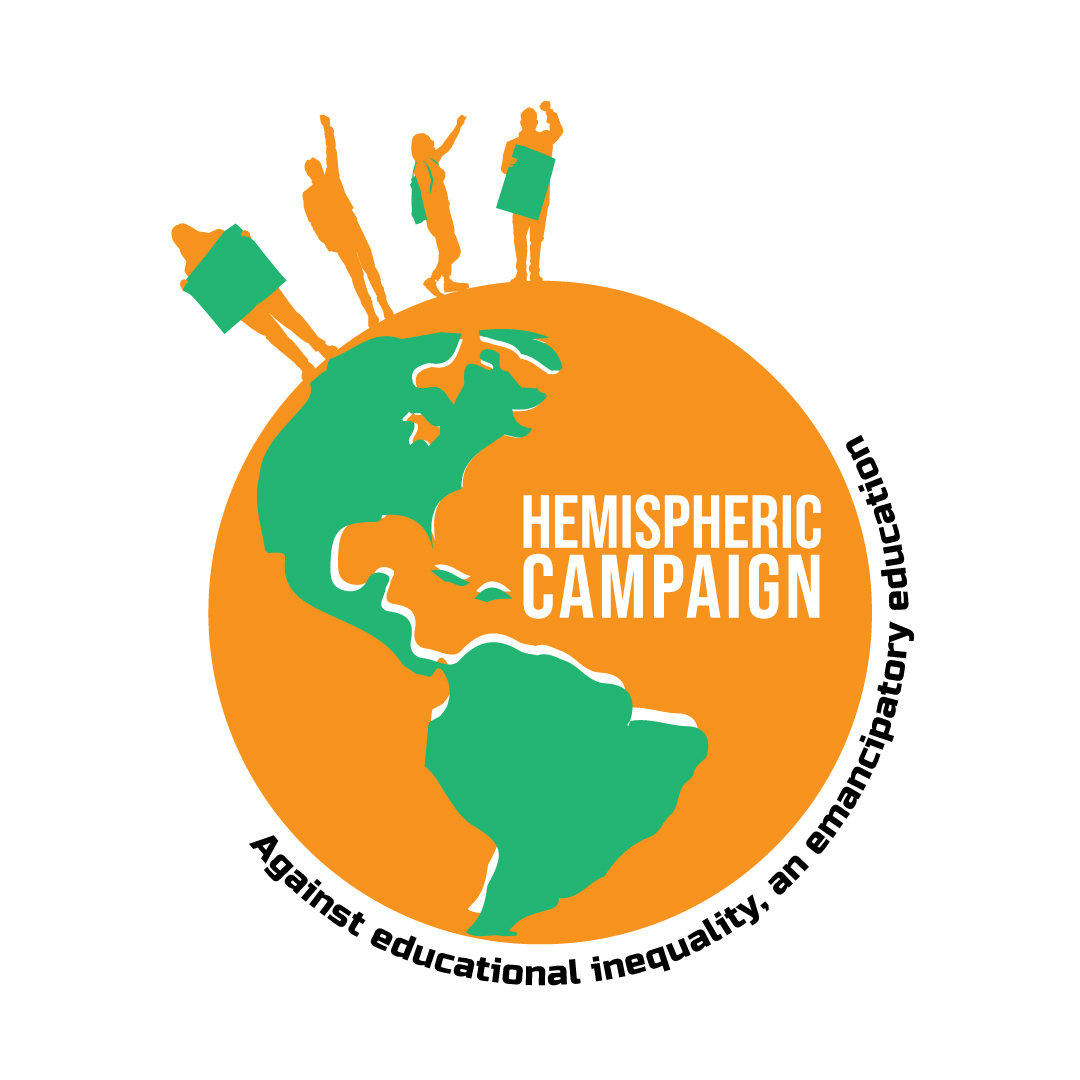-
Launch of the Campaign
Dowland poster: Objective: Weaving networks, building alliances and collective actions that set a horizon for the defense and transformation of the public education our peoples need. At this historical moment in which we’re facing the danger of an educative privatization imposed by the power of the large transnational corporations of information and communication, exacerbating the inequality that affects the exercise of the right to universal and free access to education for the construction of democratic societies and the emancipation of men and women. ¡An emancipating pedagogy for a public education that transforms! ¡Internet as a right for our peoples ! Participating organizations British Columbia Teachers´ Federation (Canada) Union Nacional Educadores del Ecuador…
-
Against educational inequality, a public education for emancipation
In the context of the greater vulnerability to which we are exposed in the midst of the global pandemic and the systemic crisis, free and universal public education is at risk. The abrupt shift to distance and/or online modalities, (combined in some countries with hybrid online/face-to-face classes) have a significant impact on learning conditions and the health and working conditions of education workers. The technological platforms and resources provided for distance learning are largely defined by large corporations. The abrupt shift to online platforms forces teachers to resort to commercial options as a strategy to provide follow-up and attention to their students. Students have attempted to access this virtual education process,…
-
Intercambio No. 15
PRIVATIZING TRENDS IN HIGHER EDUCATION: social responses and the construction of alternatives INTRODUCTION We write the introduction to this issue of Intercambio in the midst of the global health emergency due to the COVID-19 pandemic.We are living a historic moment due to the global character of the pandemic, the number of those infected and those who have died. This health catastrophe has exposed the harm caused by the neoliberal policies that have been applied for more than 30 years, leaving wide open the dismantling of the public, the privatization of health systems, the worsening of living conditions and the prevalence of chronic illnesses such as diabetes, obesity and hypertension. The…
-
Intercambio No. 14
PUBLIC EDUCATION: A SOCIAL RIGHT FACES THE OBSESSION WITH TESTING INTRODUCTION We are going through a time in which standardization is intensifying on a global scale. Evaluation as a mechanism of control and a tool of privatization plays a central role in determining public policies and has become one of the fundamental components of educational reforms which, far from improving school conditions, have impoverished the course of public education and the teaching profession. In this context, critical reflection by our organizations becomes more and more necessary, and gives new meaning to resistances seeking alternative forms of assessment that meet the public education needs of our peoples. The contents of this…
-
Intercambio No.12
WORKING CONDITIONS AND TEACHERS ́ HEALTH INTRODUCTION Privatization and the commodification of education, imposed by many governments world wide, disrupts not only the working conditions of education workers, but their whole lives. It also has a negative impact on the teaching-learning process which is why the health of teachers has become an increasingly relevant concern among unions and academics. In this issue of Intercambio Magazine, we show that in spite of the very different social backgrounds of our students and the different living standards in the communities where we work, some things are pervasive. Without taking into consideration teachers ́ opinions or those of their organizations, governments have im- posed policies that generate heavy workloads, longerwork days, an excess of administrative tasks, the forced introduction of new information and communication technologies, excessive control, punitive teacher…
-
Intercambio No.11
NEW FORMS OF PRIVATIZATION AND EDUCATION COMMODIFICATION INTRODUCTION There is a new wave of privatization hitting the Americas, which is making public education become alert of the new attacks. The offensive comes hand in hand with the strengthening of neoliberal positions, as well as with the return of right-wing governments in several Latin American countries. Privatizing and commoditizing tendencies once again proliferate in the field of education, becoming stronger at a continental and world-wide level. That is the reason why IDEA Network/Red SEPA seeks to contribute with a regional refection on their processes and trends in the Americas; as well as of their different expressions in various nations.With multi-faceted and…
-
Intercambio No. 10
EROSION OF THE RIGHTS OF YOUNG PEOPLE, criminalization of social protest in Latin America INTRODUCTION The seriousness of the dispossession of the social and political rights of the world’s peoples that accompanies neoliberal capitalism’s deepening economic crisis, requires an analysis of current trends. It is important to examine the experiences of resistance and construction of alternatives by social movements in the face of an alarming ascent of authoritarian regimes of a neo-fascist nature, such as that led by Donald Trump in the United States. As we will see throughout the pages of this issue of Intercambio, one of the sectors that in the last decade has especially suffered the criminalization of its…
-
Intercambio No. 9
-
Intercambio No.7
RIGHTS THREATENED: SOCIAL MOVEMENTS DEFEND PUBLIC EDUCATION INTRODUCTION In 2014 idea celebrated 15 years as a space for the convergence of struggles for public education throughout the Americas. In defense of education as a social right, we have built spaces for interchange, analysis, and debate regarding privatization and the policies of dispossession of rights, and we have advanced in generating alternatives for emancipatory education as a central element for the construction of democratic societies. In this issue, the reader will find articles about ten emblematic struggles carried out by diverse labour and social organizations from Canada to Argentina. In the face of offensives by transnational financial capital and its governments…
-
Intercambio No.6
NEW COMMUNICATION AND INFORMATION TECHNOLOGIES AND EDUCATION: HEGEMONY AND RESISTANCE INTRODUCTION Technology, globalization, and neoliberal capitalism cannot be separated from the central issues of education in the 21st Century. What is the purpose of education? What is the content of education? What are the pedagogies, tools, and resources? Whose interests are served?Unless the question of purpose is examined and challenged, the dominant discourse rules by default. That default is generally one of education preparing workers for a globalized economy. The logical assumption thatfollows is that students should be integrated into expertise in using the new information and communications technologies that are the tools of the global economy.In this globalized framework,…







